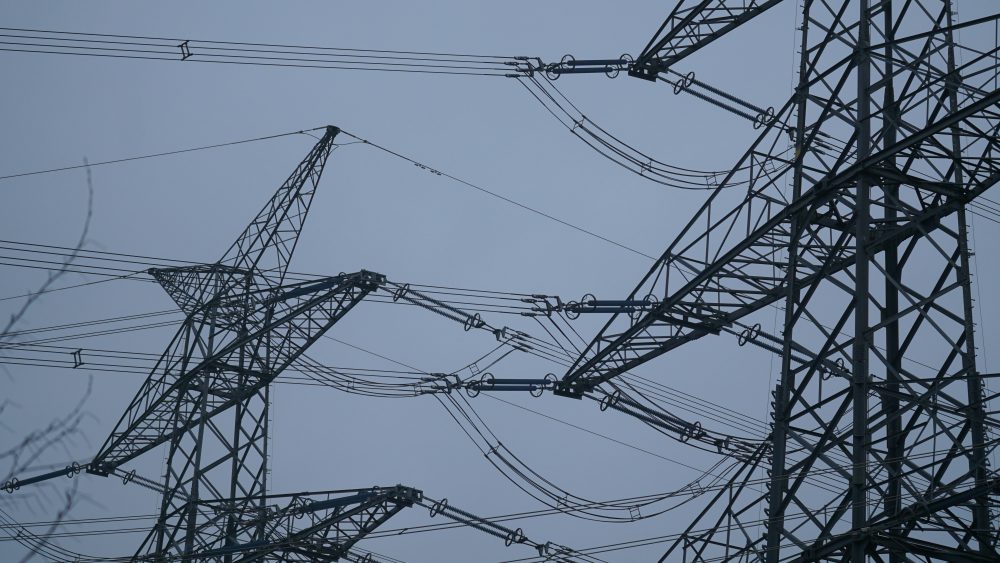Inspired by recent experiences after Storm Darragh, CTP’s Chief Executive, Liz Zeidler, shares insights into the important work Centre for Thriving Places’ teams are delivering that are helping rewire local economies and grow the power and voice of local people and communities.
In the recent storms our house lost power for two days. What started as a small annoyance soon became remarkably debilitating as we adapted to life without lights, heating, the ability to cook, charge phones, use the internet or even boil the kettle for a cup of tea. The ‘romance’ of a wood fire and candles quickly wore off and we were beyond grateful to the engineers when they finally restored our ‘normality’.
Our thoughts turned to those, particularly in places like Gaza or Ukraine, where such literal powerlessness is their normal. What privilege we are surrounded by even in the most mundane and taken-for-granted aspects of our daily life.
Yet that one word – POWER – is so much bigger than what comes out of a socket, and so much more influential in its dealing out of privilege, access, influence and opportunity. If such temporary removal of our electrical power could render us almost useless, what does this tell us about living without voice and power and choices across the whole of a life-course?
A large part of Centre for Thriving Places’ work is about shifting power. Usually devolving it ‘downwards’ in our hierarchical and centralised society.
Our work seeks to shift power (and wealth) from global corporations to local businesses and communities. From the former – who so often extract wealth for the few, exploit the many, and negatively affect our health and that of our planet – to the latter who recirculate wealth and opportunity to the places and communities of which they are part.
We also work with governments to devolve power from national leaders to regions and cities so that local leaders, who witness on a daily basis the reality of their places, can strengthen their ability to improve lives and grow opportunities in their areas.
‘We are, in our own small way working away to restore those lifelines of power to the communities currently cut off’
Then within places we work tirelessly to enable communities themselves and the most marginalised people within them to grow their power, their voice, their influence, so that they can reclaim the ability to have choices, to enjoy the ‘privilege’ of a decent standard of living that so many currently ‘in power’ take for granted.
Our research and measurement work helps to understand and highlight who does and doesn’t have power and opportunity, and our policy and engagement work helps in the really practical process of ‘rewiring’ places to deliver better lives and grow the power of local people to steer their own lives. We are, in our own small way working away to restore those lifelines of power to the communities currently cut off, just like the engineers who toiled through the night after the storms. At its best, our work is literally reconnecting people back into our social and political grid.
Of course there is one other type of power that the recent – and more and more frequent – storms remind us to recognise. The power of nature spoke on the weekend and it temporarily silenced some of us and took away our power. It is a timely reminder of our dependence on technology, our disconnect with nature and the existential danger of playing a power game with our ecosystems. How can we completely reassess our desire to have power ‘over’ nature, and instead allow ourselves to embrace our role as a powerful part of nature that can heal as well as destroy?
So as 2024 comes to a close and I look forward to a better 2025, I am feeling ever more ‘empowered’ to keep up the fight to shift power – as everyone from Citizen Smith to the Black Panthers have proclaimed, ‘Power to the people’ and power to the planet on which they live!
Liz Zeidler, CEO



Comments are closed.